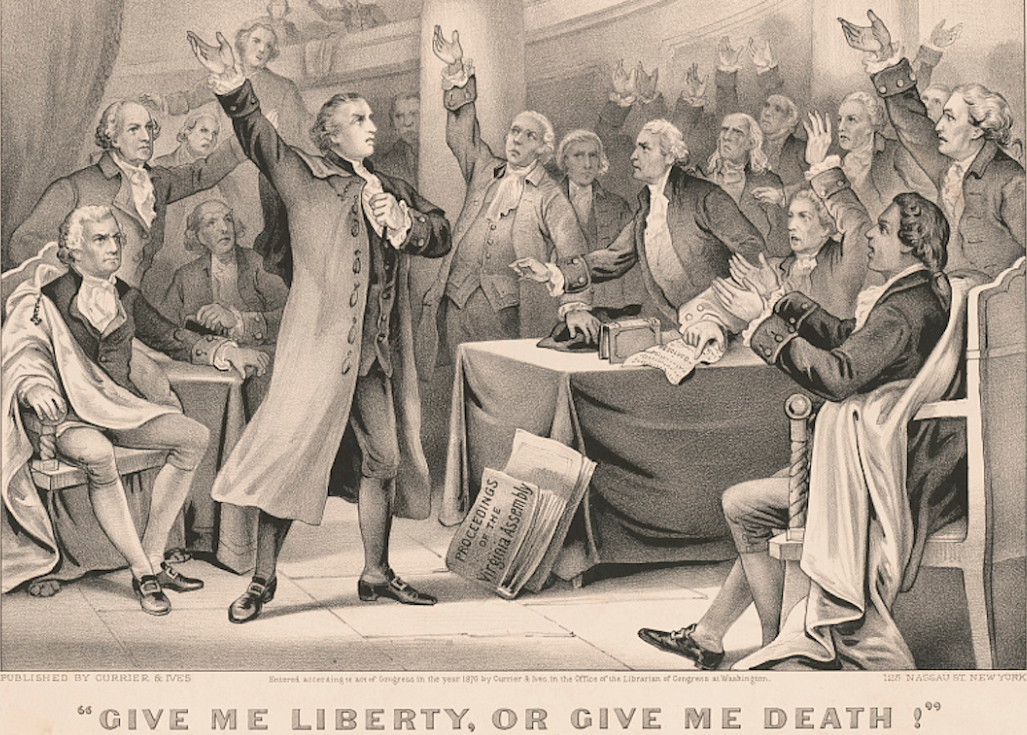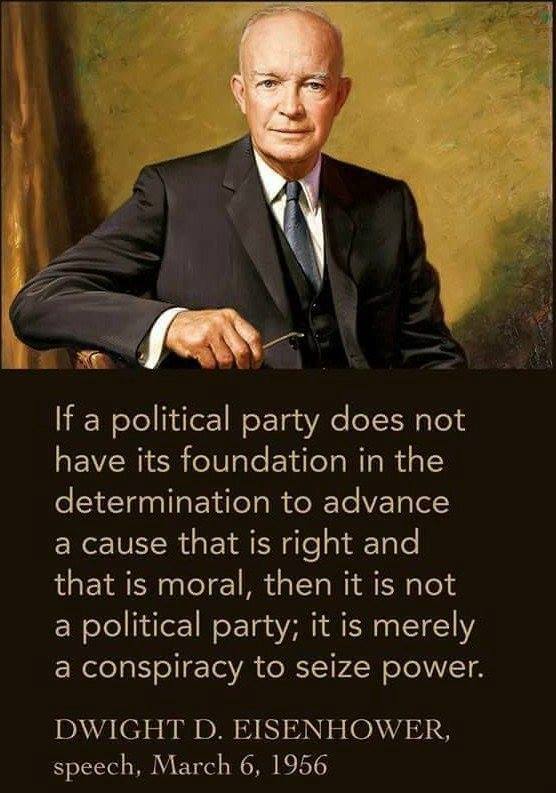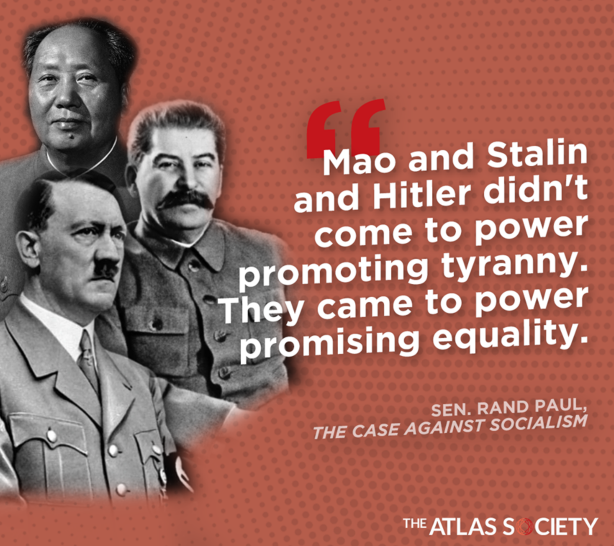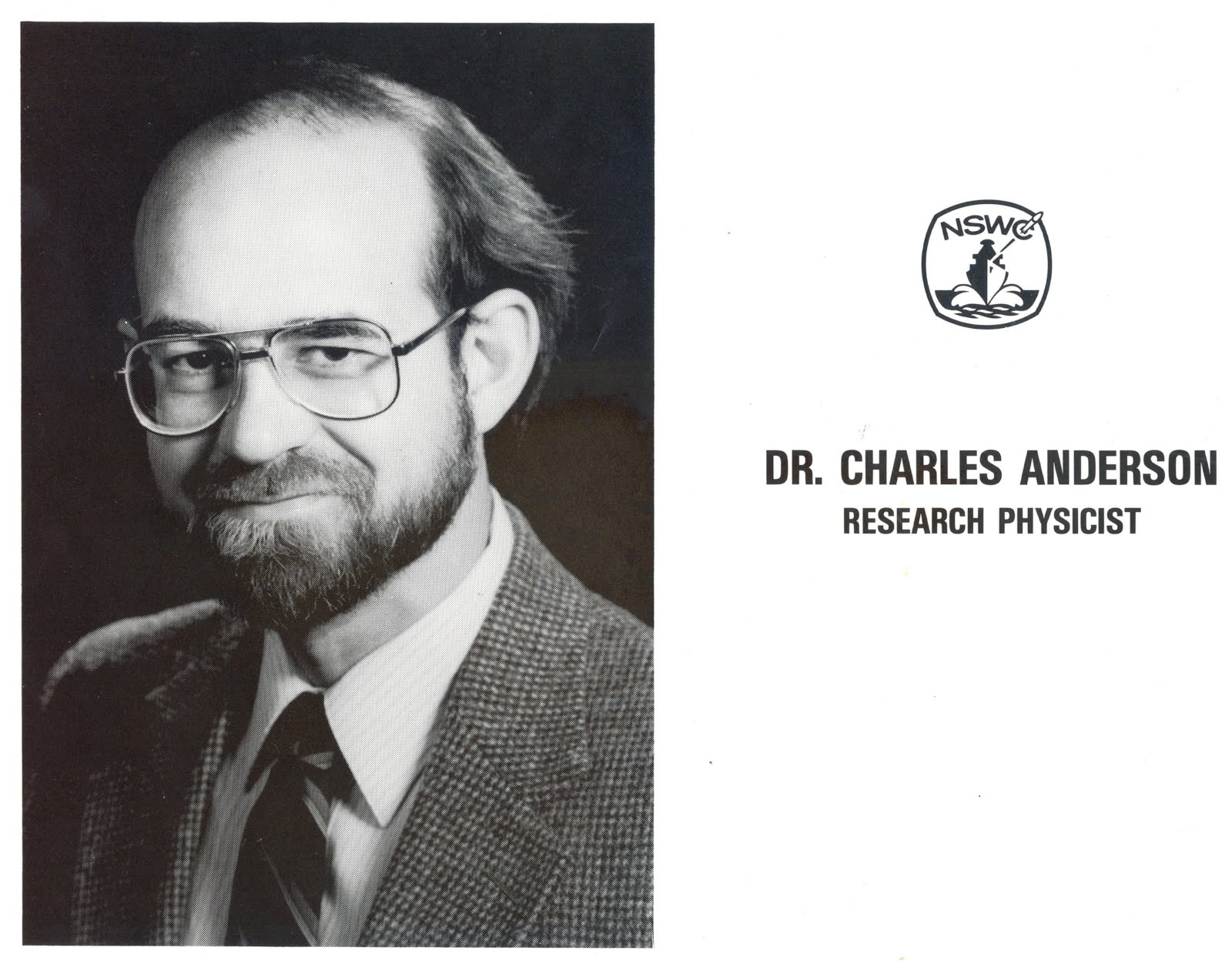How else to explain why their gal got clobbered by a pretty boy with a resume you could print on the back of his driver's license, a Rolodex apparently limited to neo-segregationist racebaiters, campus Marxist terrorists and indicted fraudsters, and a rhetorical surefootedness that makes Dan Quayle look like Socrates. "On this Memorial Day," said Barack Obama last Monday, "as our nation honors its unbroken line of fallen heroes - and I see many of them in the audience here today."
Hey, why not? In Obama's Cook County, Ill., many fallen heroes from the Spanish-American War still show up in the voting booths come November. It's not unreasonable for some of them to turn up at an Obama campaign rally, too.
Then he notes that old-time sexism is common in much of the world. He relates some statistics about how people in many cultures are choosing to have male babies, while aborting female fetuses. In India there are 1000 boys for every 900 girls nationally. In some Punjabi cities there are only 300 girls for every 1000 boys. In China, the one child per couple requirement has couples also choosing boys over girls. The result is that the first generation born under this policy has 119 males for every 100 girls. One supposes that as couples can increasingly afford abortions, this ratio of males to females will grow.Europe and Canada are dependent upon immigration not to lose population. Indian women in England and Wales gave birth to 114 boys for every 100 girls between 2000 and 2005. Indians, Chinese, and Koreans living in America have 1.05 boys to every girl for the first child, 1.17 boys to every girl for the 2nd child if the first was a girl, and 1.51 to 1.00 for the third child if the first two children were girls! It looks as though a lot of Asian-Americans will have to use their relative wealth to import wives from their homelands if they wish to marry within their ethnic group. India and China had better continue their economic growth at a high rate, so their young men will be able to import wives from other parts of the world. It is not clear that these societies are open to allowing their men to marry women from other cultures, however. The only other solution would be an inversion of the old practice of one man having several wives.
Steyn assumes that this female feticide will lead to a return to a kind of patriarchy. Perhaps it will mean the men will have the majority of votes in some democratic societies, but the very important law of supply and demand will operate here. As societies become too rich in males, the perceived value of the rarer females will increase. This first wave of very high preference for male children will be moderated. Young men will be desperate to acquire desirable and even just acceptable wives. These wives will be able to name their price and with many societies starting to modernize, they will more and more be able to choose a husband and hold the power of divorce to ensure that their man will treat them with honor and respect, not to mention giving them considerable power over spending family money. This will likely transform some of these traditionally very patriarchial societies.
Early America had a huge imbalance of excess males to females. This empowered women in America compared to their situation in old Europe at the time. In time, that gender imbalance became much less in the East than it was in the West. In 1869, the Wyoming Territory constitution allowed women to vote and to hold public office. In 1870, the Utah Territory allowed full suffrage to women. In 1893, Colorado approved female suffrage. By 1912, Idaho, Washington, California, Michigan, Kansas, Oregon, and Arizona gave women the vote. There is a pattern here. Western states, which suffered from too few women, valued women enough to give them a vote before the Eastern states did. This is evidence of the ubiquity of the Law of Supply and Demand.
It will be very interesting to see how the shortage of women among Indians and the Chinese plays out.































































No comments:
Post a Comment